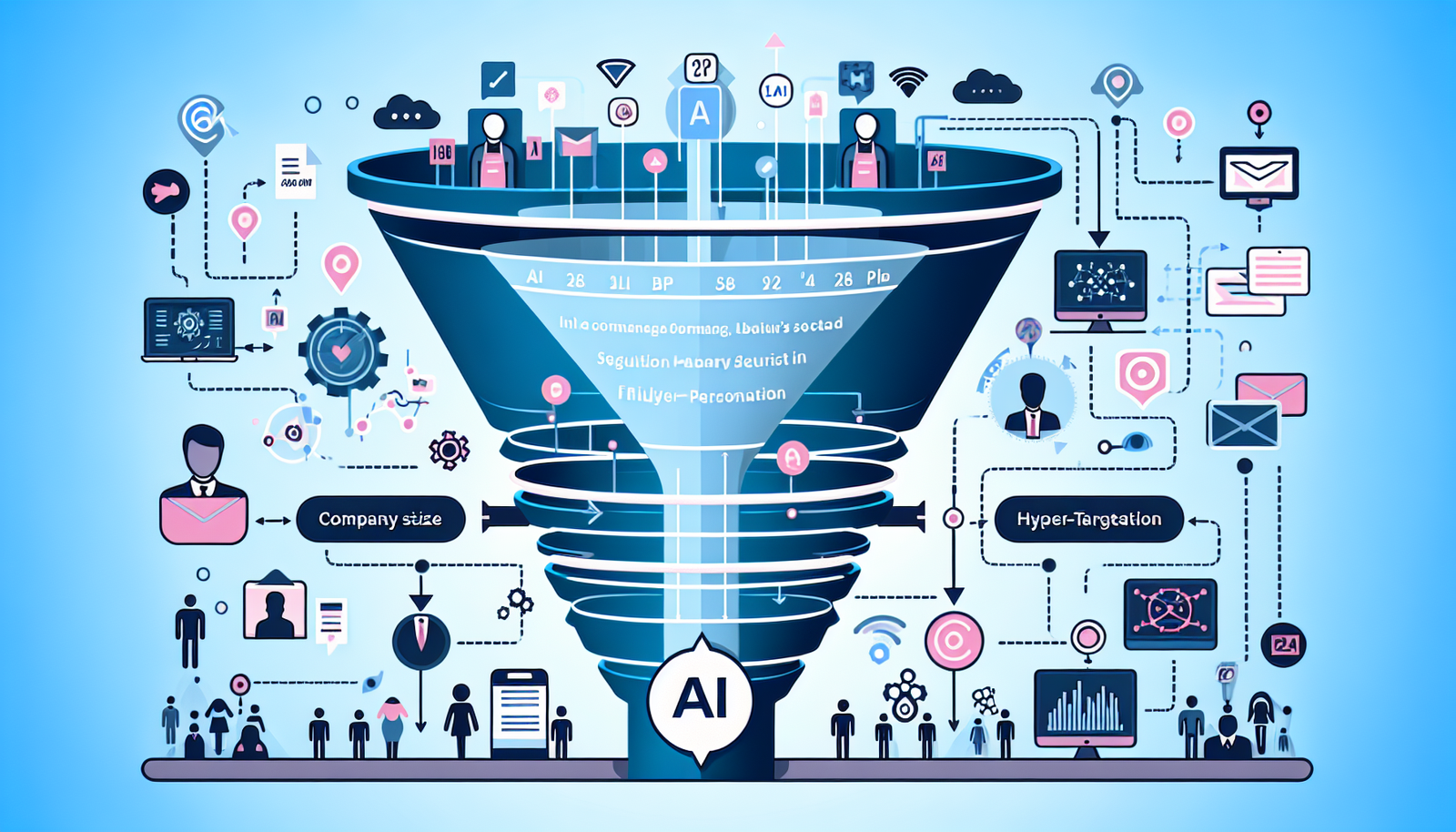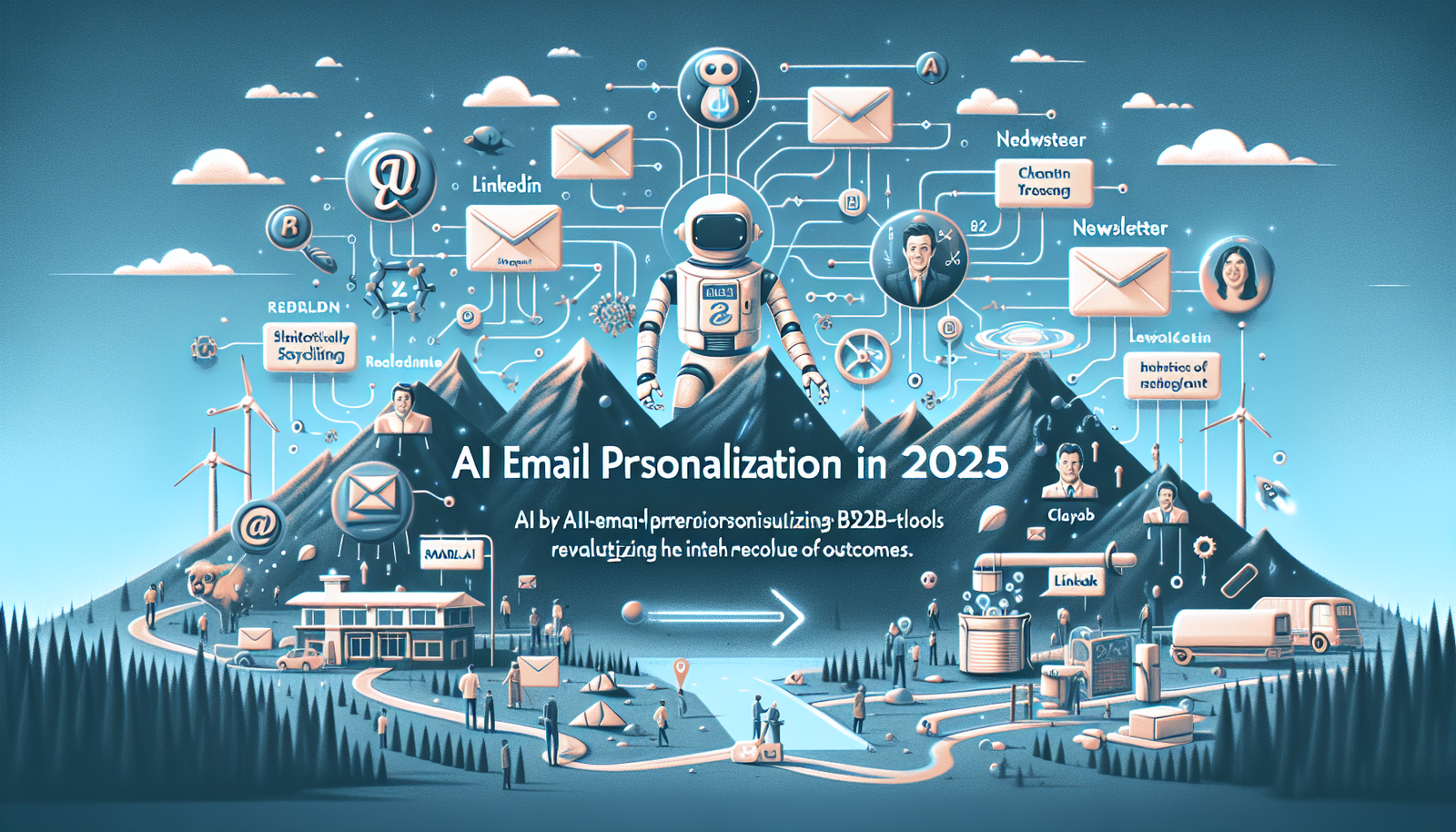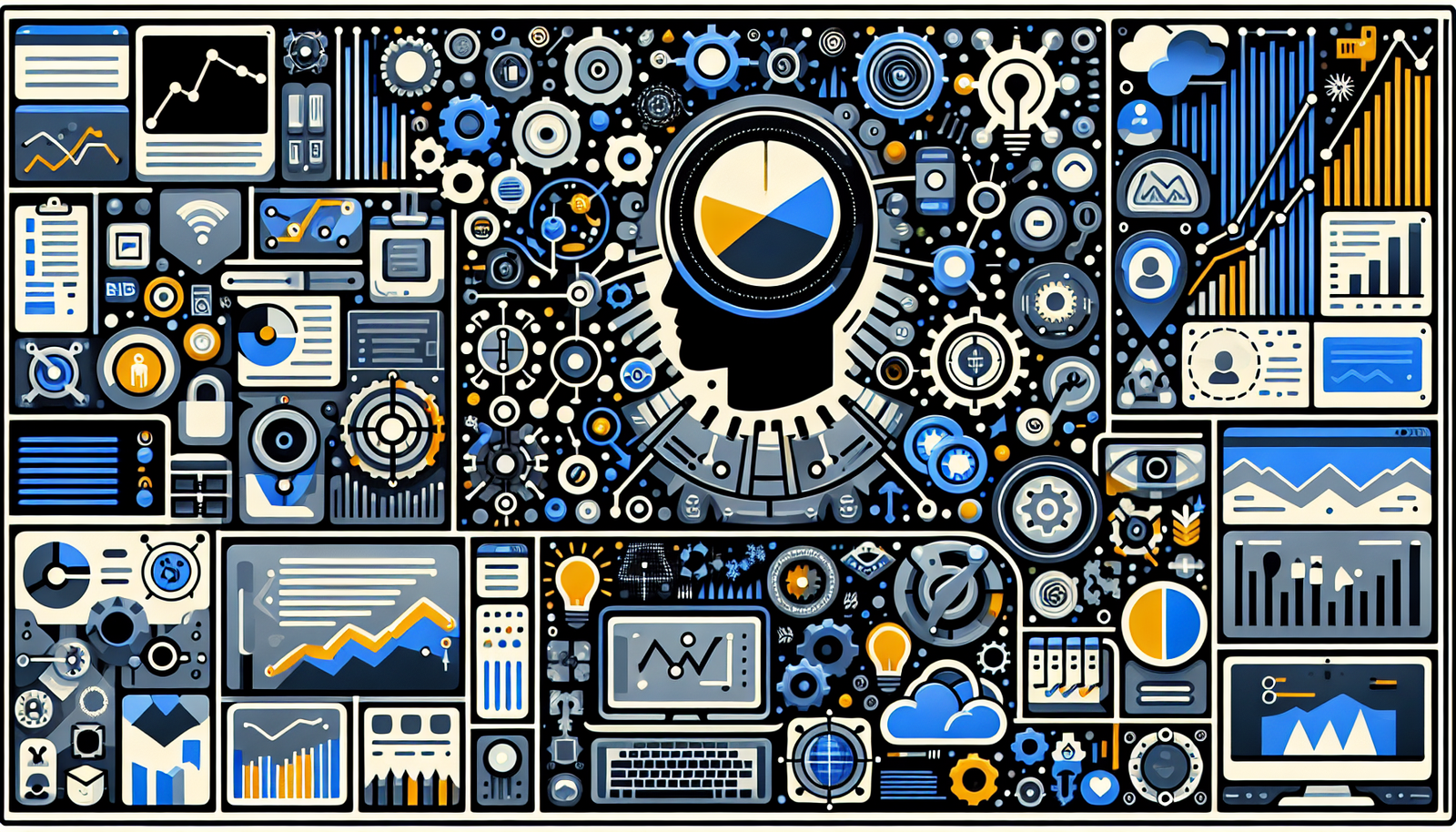Introduction: Why AI Lead Scoring Matters for B2B Companies
B2B marketers are under pressure to prove ROI and convert leads more efficiently. Traditional methods of scoring leads manually through spreadsheets or gut feeling no longer cut it. Enter AI lead scoring tools—solutions that automatically rank leads using predictive modeling and machine learning, boosting your chances of focusing only on those likely to convert.
The evolution from manual to AI-based lead scoring
Manual lead scoring assigns values based on factors like job title or page visits. However, this static approach often leads to wasted sales effort. AI, by contrast, dynamically adapts to new data inputs from your CRM, website, and third-party signals to determine the true readiness of a prospect.
Where AI fits in conversion optimization strategies
AI scoring is critical at the bottom of the funnel, where converting high-intent leads into opportunities is the priority. By using intelligent scoring, teams can reduce follow-up time, improve SDR focus, and enhance campaign ROAS.
What is AI Lead Scoring?
Definition and how it differs from traditional scoring
AI lead scoring uses machine learning to analyze large sets of customer data and assign a probability score to each lead’s likelihood of converting. Unlike traditional rule-based scoring, AI adapts constantly as new data becomes available and often identifies patterns humans wouldn’t see.
Key data sources used (behavioral, firmographic, intent)
AI scoring incorporates multiple data types:
- Behavioral: Email opens, product demos, content downloads
- Firmographic: Company size, industry, revenue
- Intent: Third-party signals to detect active buying behavior
How to Use AI Lead Scoring Tools to Boost B2B Conversions
Step 1: Integrate AI scoring into your CRM or MAP
Use lead scoring apps that natively integrate with Salesforce, HubSpot, or Marketo. Most AI tools offer APIs or direct integrations to sync real-time lead data for analysis.
Step 2: Define your ICP and map quality signals
Collaborate cross-functionally to define your ideal customer profile (ICP). Use past deal data to identify key indicators of conversion success like industry type or high-value actions.
Step 3: Choose a scoring model (predictive, ML-based)
Predictive scoring uses historical closed-won data to forecast future likelihoods. Some tools allow customization of algorithms or let you build your own with custom AI layers.
Step 4: Continuously optimize based on close rates and feedback
Like any algorithm, AI lead scoring models require refinement. Feed outcomes into the tool regularly—e.g., deals closed, reasons for disqualification—to improve future accuracy.
Top AI Lead Scoring Tools for B2B Marketing
MadKudu
Designed specifically for high-volume SaaS companies, MadKudu provides real-time lead scoring using firmographic and behavioral signals, with clear visualizations and model transparency.
6sense
Combines intent signals, predictive scoring, and account engagement for full-funnel marketing orchestration. Mainly suited for ABM programs.
Infer
One of the pioneers of AI lead scoring. Infer uses historical CRM data to assess conversion likelihood and segment your top-tier leads with precision.
ZoomInfo
Well-known for enriched B2B contact and company data, ZoomInfo’s AI scoring small-to-mid market tools integrate with Salesforce and support outbound prioritization.
Comparison table
| Tool | Best For | Integration | Key Feature |
|---|---|---|---|
| MadKudu | SaaS companies | Salesforce, HubSpot | ICP scoring, clear analytics |
| 6sense | Enterprise ABM | Salesforce, Demandbase | Intent + predictive layers |
| Infer | Mid-to-enterprise B2B | Salesforce, Marketo | Lead segmentation engine |
| ZoomInfo | Outbound sales teams | Salesforce, Outreach | Real-time contact scoring |
Benefits and Challenges of AI Lead Scoring
Pros: Speed, accuracy, conversion lift
With AI scoring, teams report an average 20% jump in MQL-to-SQL conversions. SDRs focus time on higher-fit prospects, while marketing sees more ROI from campaigns.
Cons: Data quality reliance, black-box models
AI models are only as strong as the data they’re trained on. Poor CRM hygiene or outdated contact data can misguide scoring. Some tools lack transparency in how they calculate scores, which can concern sales managers.
Frequently Asked Questions
What is the average ROI from AI lead scoring?
Companies using AI lead scoring effectively can see a 20–30% improvement in lead conversion rates and more efficient sales handoffs.
Can I custom-train AI scoring models?
Some tools like MadKudu and Infer allow you to adjust scoring parameters or bring your own data layers to enhance model performance.
How often should AI scores be updated?
Real-time or daily updates are ideal. Most leading tools recalculate scores automatically as new data enters your system.
Focus Keyword: AI lead scoring tools






